November 16, 2015
Some good and bad news about the Government’s real estate strategy 0
 Two key themes have shaped the current UK Government’s attitude to its real estate and other resources since it came to office in 2010 and embarked on a programme of austerity. They are the twin desires to ‘cut waste’ and ‘do more with less’. These are not easy tricks to pull off, as a new report from the Institute for Government suggests. Published ahead of the upcoming Spending Review, the study sees the Government’s main challenge being how best to match its commitments with its resources. Two of the main ideas discussed are the rolling out of more digital services and what the paper calls institutional reform, which it suggests includes the loss of another 100,000 public sector jobs over the next five years. But as two news reports published over the weekend suggest, this kind of change can sometimes create more problems than it solves when it comes to Government property.
Two key themes have shaped the current UK Government’s attitude to its real estate and other resources since it came to office in 2010 and embarked on a programme of austerity. They are the twin desires to ‘cut waste’ and ‘do more with less’. These are not easy tricks to pull off, as a new report from the Institute for Government suggests. Published ahead of the upcoming Spending Review, the study sees the Government’s main challenge being how best to match its commitments with its resources. Two of the main ideas discussed are the rolling out of more digital services and what the paper calls institutional reform, which it suggests includes the loss of another 100,000 public sector jobs over the next five years. But as two news reports published over the weekend suggest, this kind of change can sometimes create more problems than it solves when it comes to Government property.












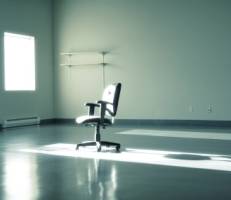
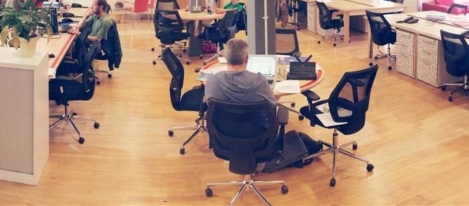
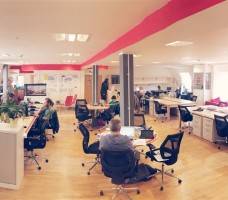
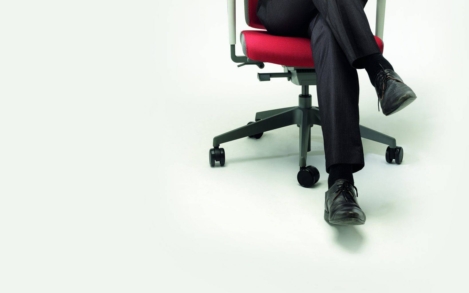
 In years gone by, a ‘one size fits all’ approach to office design might have been the norm, but as the decades have progressed, so too have the options available to businesses designing ‘homes from home’ for their office-based workforces. As new interpretations of the office environment proliferated, so the open plan model came to into being and eventually evolved into the default office design model. This initially brought greater variety than ever before but, ultimately, a one size fits all mentality in
In years gone by, a ‘one size fits all’ approach to office design might have been the norm, but as the decades have progressed, so too have the options available to businesses designing ‘homes from home’ for their office-based workforces. As new interpretations of the office environment proliferated, so the open plan model came to into being and eventually evolved into the default office design model. This initially brought greater variety than ever before but, ultimately, a one size fits all mentality in 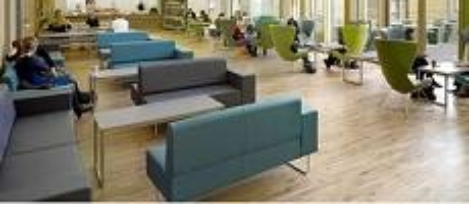
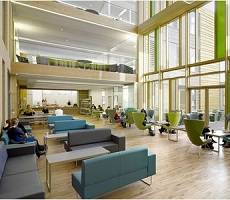

 A series of executive briefings taking place next week in Central London offers you the chance to learn about the next generation of technologies and their impact on the workplace, working practices and office design. Insight readers can enjoy a 15 percent discount by using this
A series of executive briefings taking place next week in Central London offers you the chance to learn about the next generation of technologies and their impact on the workplace, working practices and office design. Insight readers can enjoy a 15 percent discount by using this 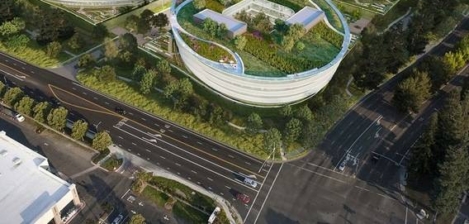
 According to a report published in the
According to a report published in the 
 According to an analysis of the just-released 2014 American Community Survey (ACS) conducted by
According to an analysis of the just-released 2014 American Community Survey (ACS) conducted by 







November 12, 2015
The three workplace professions need to face up to a new reality 0
by Mark Eltringham • Comment, Facilities management, Technology, Workplace
(more…)